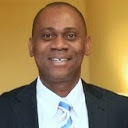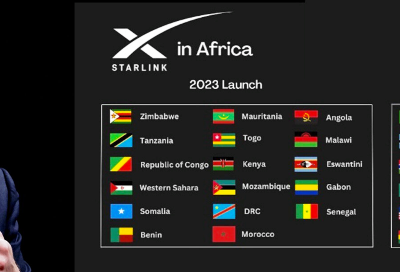 By SEGUN ORUAME
By SEGUN ORUAME
We live in interesting times. The Chinese prayer that we may live in interesting times is deeply woven into the fabric of our digital age. We are interestingly becoming merely a click away from everything we can conceive mentally and desire physically.
We need a new car? Any of the online trade portals will serve our need for the choice of car that fits our budget. We need to pay for utility? Just a click at any of online payment terminals, we are done and ready to use the service. Or is it a new date for the weekend? There are thousands of dating sites that would meet your needs in accordance with how you can stretch your imagination and your sense of adventure. We live in interesting times.
Everyone and everything is changing. We live by the dictate of a converged world. We live in a webbed environment where distances have merged and influences transcend time and space. Millions are recruited everyday to join a cause for good or bad via Internet windows where propaganda run side by side with deep truths to claim victims or predators depending on which side of the divide you fall.
It is becoming increasingly absurd not to be connected to the online community in a day. Governments in more advanced economies will simply crash should the Internet go to sleep for a split second. Man has become the object not the subject of a global information highway it created. Today, we are defined by how much of access we have to Internet and whether it is broadband. We live in truly interesting times. Nations are making it mandatory for citizens to be connected. In Finland, it is part of human rights to have broadband access.
In the digital age, you are no longer at ease if you are not web-enabled and not digitally empowered to access the Internet at a go. Everything has converged in digits. The TV set is not just a screen to watch government speak down to us. We have a screen with which we can edit the government’s statement and image and make an idiot of our governments to our own audience. We can decide via a single click to mobilize millions of citizens to speak to power. We can decide to visit any of the terrorist cells online; take instructions on bomb making and follow the guide to mass terror; and then hold governments and citizens hostage in compliance to an online fundamentalist or cult leader living somewhere and anywhere.
And governments? They have the choice to engage us as citizens via numerous social media or have an ‘uninteresting’ stay in power that must tilt to the dictate of a converged world. The Internet has changed our social and business engagements. New ethics have evolved to challenge the old order and we are forced to respond to the altering complexities of a world that brings everything down to digits.
Governments are as confused as they are desperate to checkmate very ‘interesting changes’ threatening, everyday, to weaken the dialectics of power once considered the absolute prerogative of those wielding it. Now, power is altering in form and context to become a dismembered entity in the hands of ordinary citizens connected by the web to question the legitimacy of those at the centre of government and the validity of their actions.
Ask the Chinese government. It is a nightmare to see the Internet unleash its powers through less than 20% of the over a billion population that make up the Chinese people and who have taken the spirit of Tiananmen square online to demand for a more participatory and open government. You want to gauge the fright in Saudi Arabia among the princes? What is the future of the monarchy in an Internet age where the only leveler is to be digitally enabled? You don’t need blue blood or a monarchical claim to have power and wealth. You need digits, just broadband access and just a click, to have power and wealth.
If you still doubt where the power of tomorrow lies today, ponder on those influencing this age in the older powers and the emerging economies: They are those that have engaged themselves in the businesses of making the world to connect via clicks. Late Steve Jobs, Bill Gates, Michael Dell, Mark Zuckerberg, and here at home, Austin Okere, Leo Stan Ekeh, Funke Opeke and so many others. Active participants in the new world order, they are thickening the effect of the ‘click wave.’ These are truly interesting times.





























